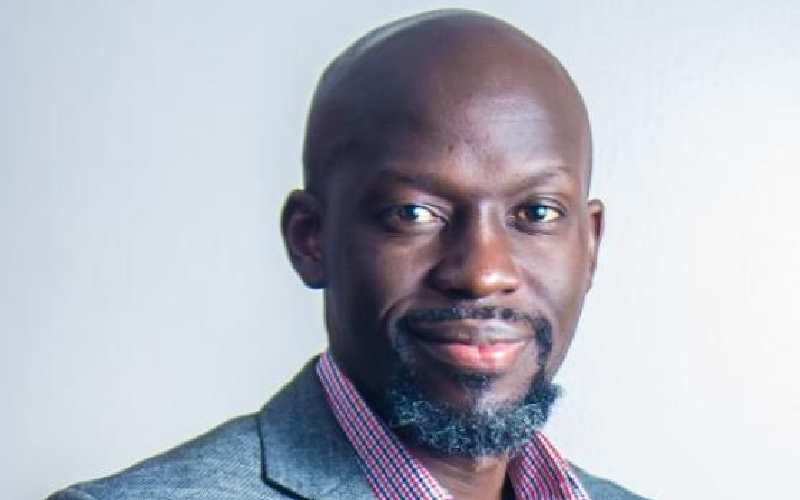×
The Standard e-Paper
Smart Minds Choose Us

Frank Molla, Head of Sub Sahara Africa at BPC (Banking Payments Commerce) headquartered in Switzerland.
Childhood is a short season that defines one's life. Born and raised in the tough Kariobangi South neighbourhood, Frank Molla remembers his mother's blessings about a future that seemed impossible at the time.